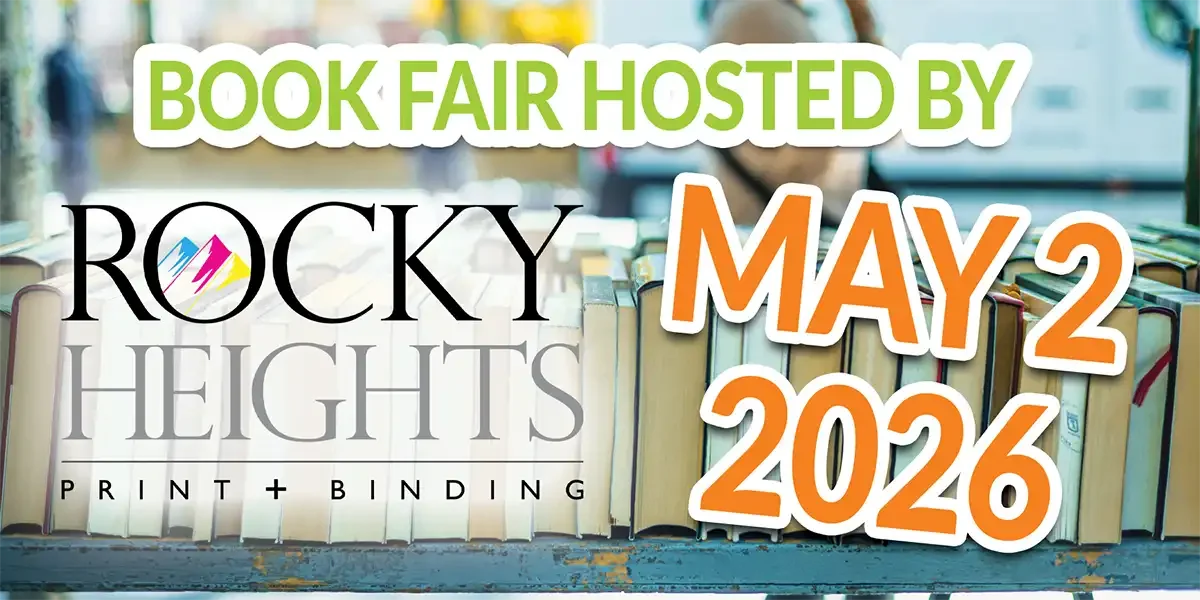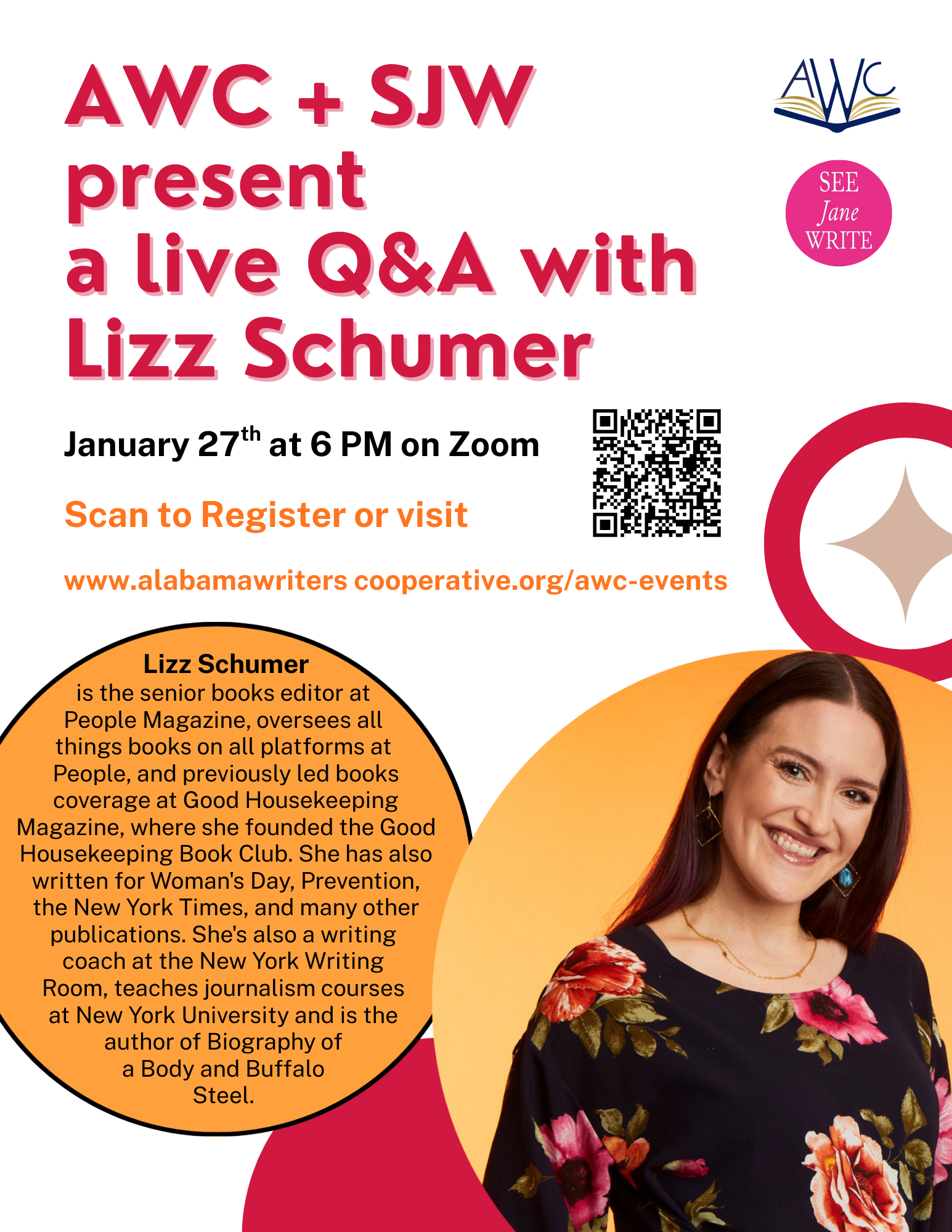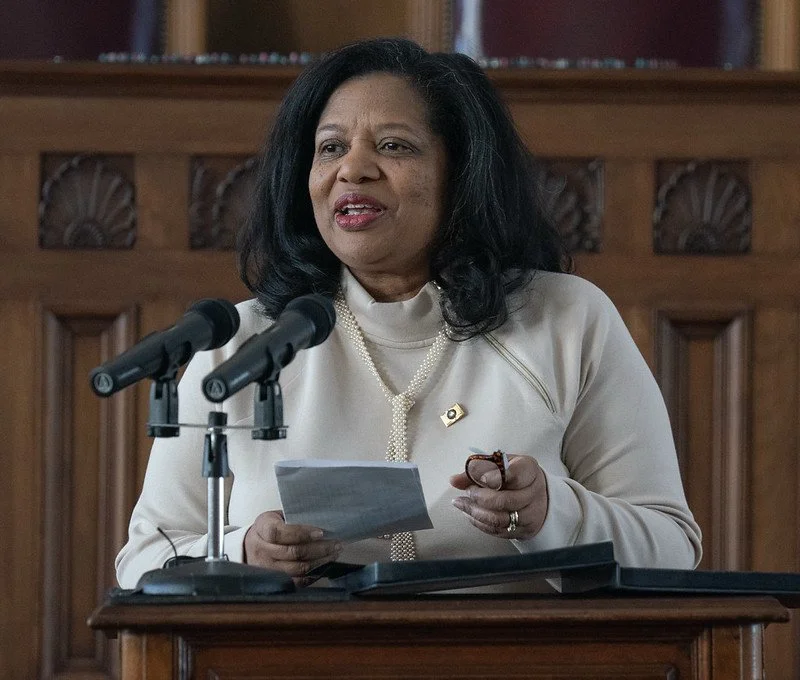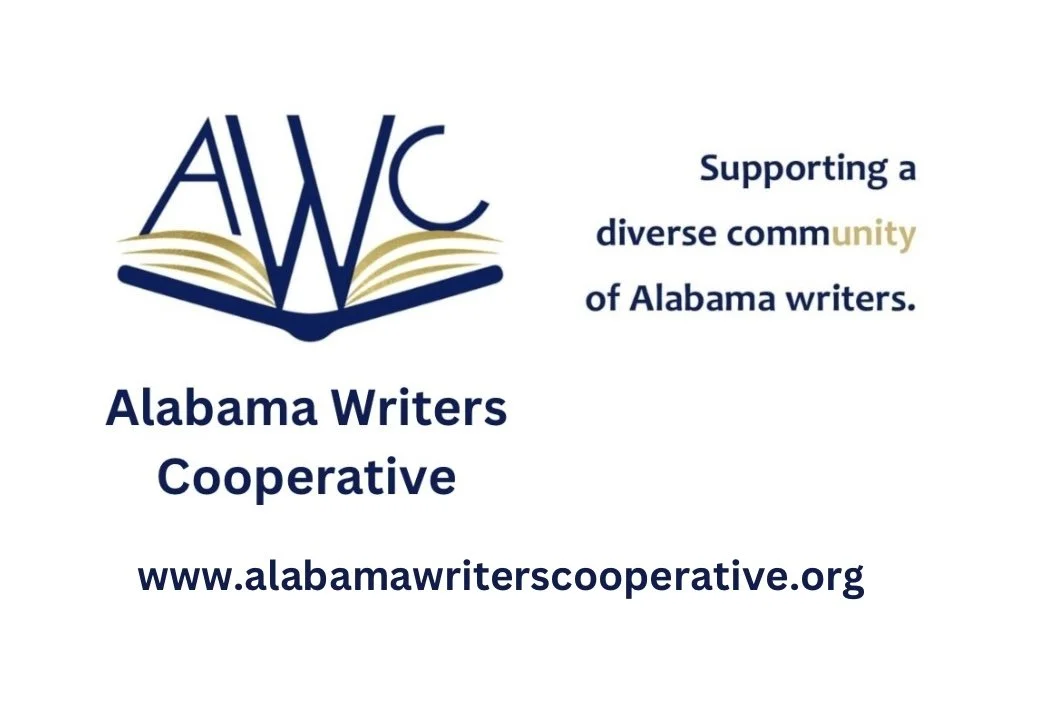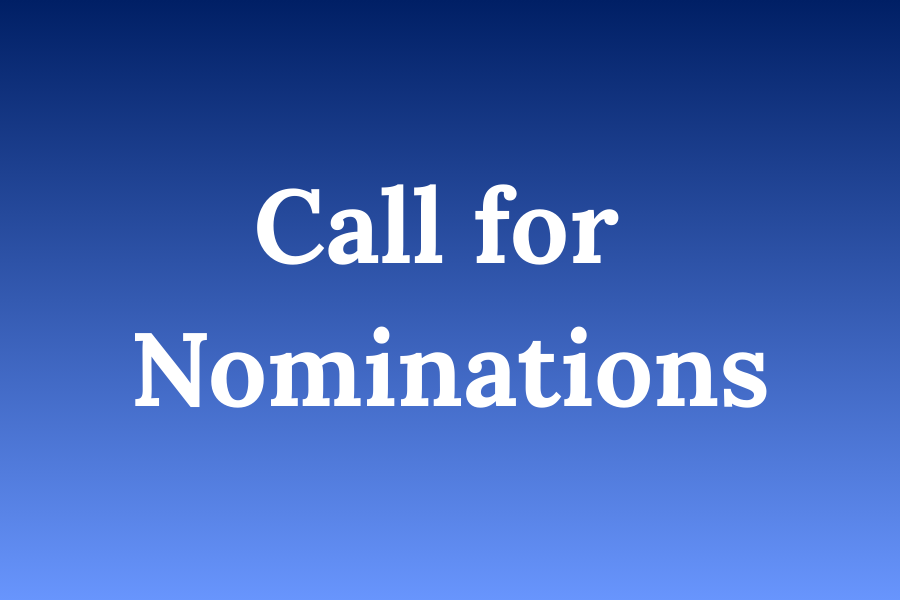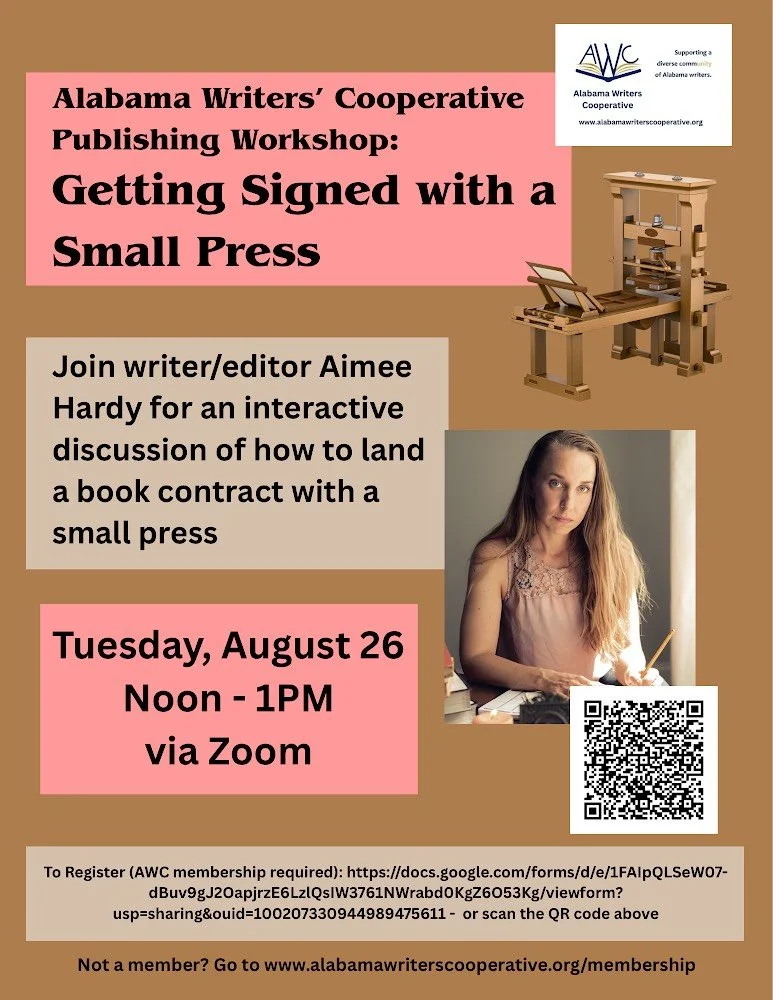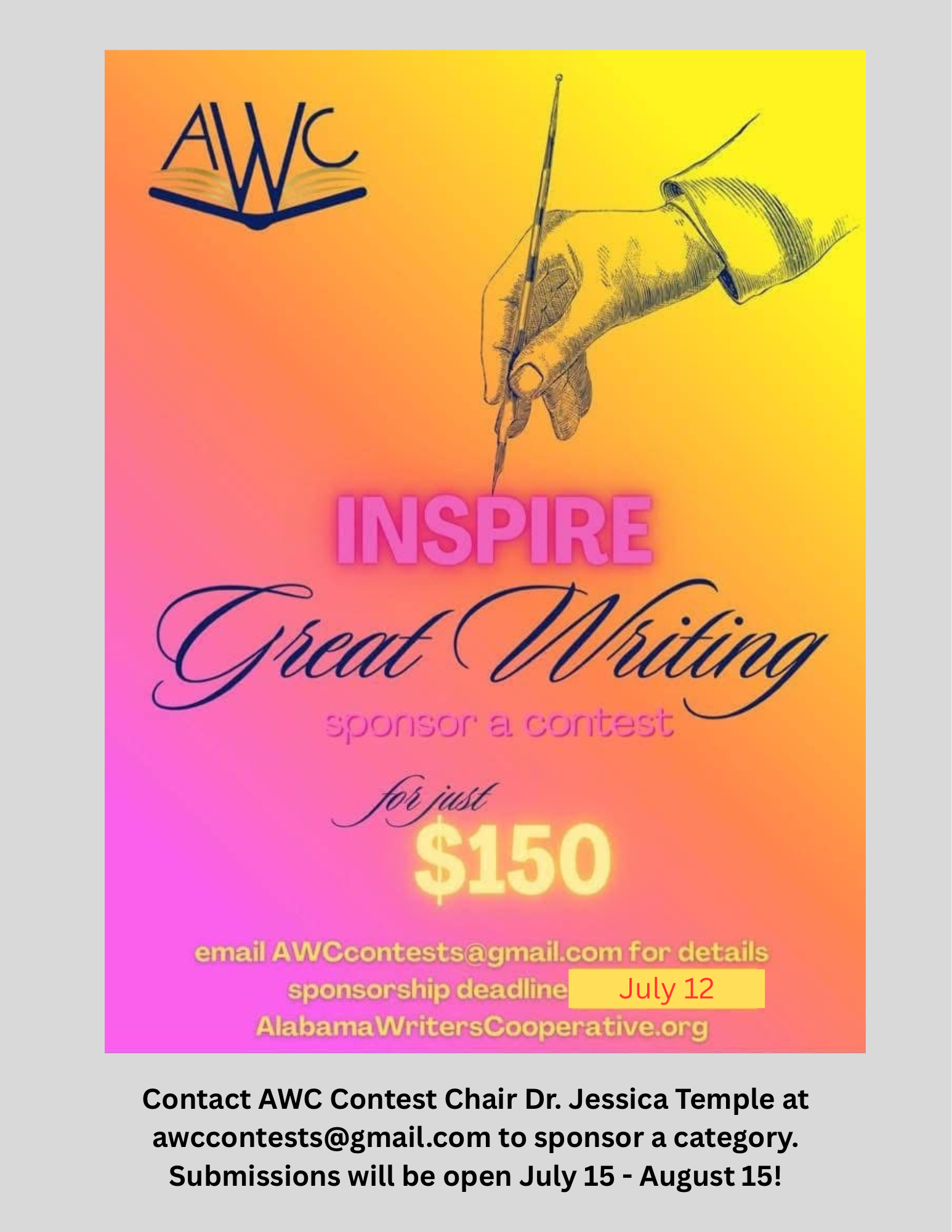Emerald Coast Writers would like to announce the upcoming Volume XXIII of the Emerald Coast Review to be launched on October 25th!
Seventy-eight writers, artists, and photographers will be featured in the upcoming issue of Emerald Coast Review, Vol. XXIII. Since 1989, the ECR has been published every two years, emphasizing its mission to showcase high-quality fiction, nonfiction, poetry, and contemporary, emerging, and experimental works alongside outstanding art, graphic design, and photography from creators across coastal Florida and Alabama.
This year’s volume will also include scripts from the winners of the Books By the Bay 2024 Short-Film Screenwriting Contest, along with companion works from Picture Me A Story, a collaboration between Wide Angle Photo Club and Emerald Coast Writers.
The book, scheduled to launch on October 25th, features a vibrant mix of Gulf Coast creativity along with contributions from beyond the region, chosen from hundreds of submissions.
Contributors include (from Alabama) Jessica Jones, Baldwin County, AL; Amy Hadley, Bay Minette, AL; Joe Cuhaj, Fairhope, AL; Mike Turner, Fairhope, AL; Randolph Crew, Foley, AL; Justin Philips, Gulf Shores, AL; Kathleen Duthu, Mobile, AL; Janet Nodar, Mobile, AL; Karen Hydock, Mobile County, AL; (from Florida) Tonya Dalhaus, Beulah; Autry Clifton Dye, Cantonment; Leigh Anne Mabry, Cantonment; Tom Brinton, Crestview; Lauren Whitley, Emerald Coast; David Schjott, Freeport; Terri Barlotta, Fort Walton Beach; Gail Barsh, Fort Walton Beach; Jessica Temple, Fort Walton Beach; Steve Biersdorf, Gulf Breeze; Scott Finelli, Gulf Breeze; Evelyn Fredman, Gulf Breeze; Jacquelyn Roos, Gulf Breeze; Diane Skelton, Gulf Breeze; Bobby J. Touchton, Milton; Bart Daughety, Navarre; Kimberly Hutchinson, Navarre; Claire Massey, Navarre; Mikayla Satterlee, Navarre; Lee Underwood Arndt, Niceville; Benjamin Larrison, Niceville; Alice H. Murray, Niceville; Deborah R. Majors, Niceville; J. Wren Supak, Niceville; Robert Larson, Northwest FL; Stephen Wise, Northwest FL; Betty Hassler, Pace; R.A. Krueger, Pace; Pamela G. Holmes, Panama City; Vanessa Bragg, Pensacola; Lisa Mella Burridge, Pensacola; Todd Chandler Clark, JR., Pensacola; Gina Cooke, Pensacola; Patti Damm, Pensacola; Ron Dowdy, Pensacola; Vee Dowdy, Pensacola; Christy J. Draper, Pensacola; Peter Dye, Pensacola; Stephanie Whibbs Gonzalez, Pensacola; Mary Gutierrez, Pensacola; Laurie Hansen, Pensacola; Terry Henry, Pensacola; Margaret Hildreth, Pensacola; Ron Hixson, Pensacola; Toni Hixson, Pensacola; Yvonne Lashmett, Pensacola; Vera Leon, Pensacola; Jane Gate Lies, Pensacola; Cori Lojo, Pensacola; Heather Mitchell, Pensacola; Karen McAferty Morris, Pensacola; Lisa Joy Newcomb, Pensacola; Leslie E. Owen, Pensacola; Janet Reeves, Pensacola; Renate Reiner, Pensacola; Eric St. Pierre, Pensacola; Richard Smith, Pensacola; Sara Jeanine Smith, Pensacola; Debra Stogner, Pensacola; Carolyn Joyce Tokson, Pensacola; Mara Viksnins, Pensacola; Andrea Jones Walker, Pensacola; Lori Zavada, Pensacola; Emily Rose Proctor, Santa Rosa Beach; Ann Lewis, Seagrove Beach; Christina Larson, Shalimar; M.R. Street, Tallahassee; John Gibson, Vernon; Joanne Blakely, Anna, IL; Lisa Kamolnick, Blountville, TN.
For more information, please contact: Diane Skelton, emeraldcoastreview@gmail.com
Emerald Coast Writers, Inc. is a 501(c)(3) nonprofit, all-volunteer organization based in downtown Pensacola, Florida. Initially founded in 1986 as the West Florida Literary Federation, it now has over 100 members. ECW works to preserve the area's literary heritage and cultural scene by hosting contests and workshops, sponsoring various community happenings, youth programs, and the Books by the Bay Festival.


